Has coronavirus brought an end to helicopter parenting?
The pressures of the pandemic have forced families to abandon the hypervigilant approach popular since the 1990s.
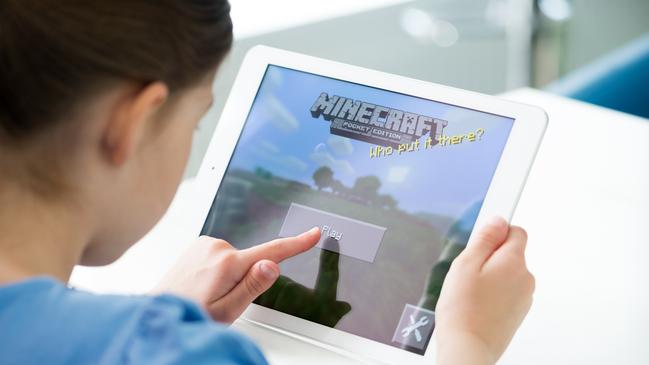
Kim Lucasti recently made a parenting decision she never would have permitted before the coronavirus pandemic: She let her 14-year-old daughter ride a bike into town without an adult alongside her.
In the past couple of months, Ms Lucasti, who lives in Longport, New Jersey, has given more freedom to her teenage daughter and 12-year-old son. It’s partly because the kids are restless without their usual scheduled activities, and also because she needs space to handle her own tasks.
“I have never left my kids alone in the house so much,” she says. Gone are the days of helicopter parenting: “I have let the helicopter down,” she jokes.
Doctors see benefits in giving kids greater independence and freedom to make decisions. It would mark a departure from the hypervigilant approach adopted by many parents since the 1990s, which critics said harmed kids’ ability to develop problem-solving skills, navigate conflict on their own, and create an identity separate from their parents.
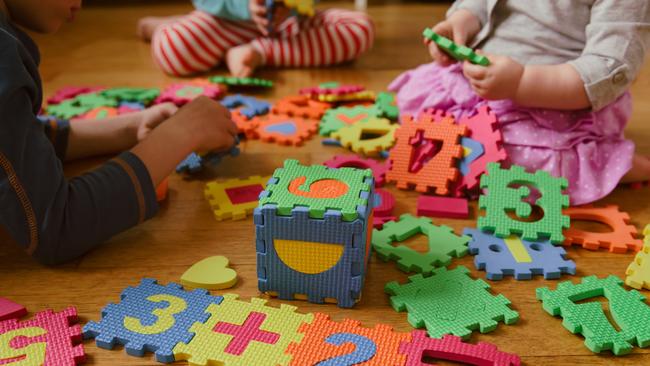
But with a less hands-on style come other concerns: Unrestricted screen time, which doctors worry can lead to inactivity, sleep disruption and anxiety. And the pandemic has brought myriad other stresses into family life — a lack of routine, schooling and socialisation among them — whose long-term consequences remain to be seen.
About half of 2067 adults said they are allowing their children to go to bed later (46 per cent), wake up later (51 per cent), and are allowing more screen time (49 per cent), according to a May survey conducted by Harris Poll on behalf of the University of Phoenix. A separate poll found that nearly 30 per cent of parents said their child-rearing styles are at least somewhat or much more relaxed than normal, according to a June survey of nearly 900 parents by Pittsburgh-based consumer-research firm CivicScience.
Before the pandemic, Meghan Burgoon used to cut sandwiches into stars and pack them into Bento boxes for her children, ages 2 and 4. She tidied up their toys every night. And she rarely let them watch videos on her mobile phone.
Now all of that has flown out the window. Exhausted after months of full-time work and no child care, Ms Burgoon, a 35-year-old director at a sports research and strategy firm who lives in Hingham, Massachusetts, has let go of parenting perfectionism.
“We’re so tired,” she says. “We chuck them our phones so we can get one more hour of sleep.” Toys litter their home. “It looks like a daycare exploded inside our house,” she says.
A more relaxed approach is inevitable at the moment, parenting experts say. “You’re just not going to be able to work full-time, and be in a relationship with your significant other, and be a full-time schoolteacher at the same time,” says Neal Horen, director of early childhood in the Center for Child and Human Development at Georgetown University.
Parenting experts say a rollback of supervision could help kids gain confidence and learn to handle problems on their own. “Children need space,” says Dr Horen.
Nicole Perry, a professor in human development and family sciences at the University of Texas at Austin, says that while parental guidance and structure can often be a good thing, excessive coaching by parents can lead to behavioural issues and lower academic performance. Too much meddling can also cause lower self esteem among children, who start to feel they can’t complete tasks on their own, some researchers say.
Dr Perry was lead author on research while at the University of Minnesota that identified problematic consequences of over-involvement. A 2018 study of 422 children published in Developmental Psychology suggested that overcontrolling parental behaviours — such as parents finishing toddlers’ clean-up or continually repeating commands during free play — at age 2 was associated with lower levels of emotional control at age 5 and more school problems at age 10.
Helicopter parenting gained notoriety in the 1990s as a way to describe hovering parents who inserted themselves into their children’s lives, particularly academics and college preparation. “Now we were raising a lot of kids who really felt entitled that something was wrong if the world wasn’t taking care of it,” says Jim Fay, whose 1990 book with psychiatrist Foster Cline, “Parenting with Love & Logic,” helped popularise the term.
Parenting in a pandemic sometimes feels like a throwback to their own free-ranging childhoods of the 1970s and 80s, some parents say. But there are dangers to contend with, too.
For some families of colour, allowing children more freedom can also raise deeply troubling concerns. In Tampa, Florida, Ashley Burgess-Laster says she has allowed her 10-year-old son to take his bicycle and explore their new neighbourhood in a predominantly white, gated community. Without the structure of school and baseball, she worried that her son, an only child, would feel lonely, especially after they moved about a year ago. Letting him go unsupervised a bit more on his bicycle, “he finally made friends,” says the insurance agent. “But I’m afraid of a black kid out there and the police coming to potentially harm him,” she says, a fear stoked particularly after the police killing of George Floyd.
With a more hands-off parenting style comes sharply rising screen time for many kids. American Academy of paediatrics says that it’s “understandable” that under the circumstances, children’s media use will increase. But in the long term, parents of preschoolers should try to limit screen use to one hour a day of high-quality programming, and try to watch programming alongside children no matter the age, says Corinn Cross, a Los Angeles paediatrician and spokeswoman for the academy.
For many parents, there are few other options. “I was definitely that mum who said, ‘She doesn’t need any screen time,’ ” says Paula Mullally, a 36-year old senior analyst for a litigation services consultancy in Gainesville, Florida. But in the early days of the quarantine, it was hard to keep her 18-month-old daughter Nora occupied while trying to work. Ms Mullally began showing Nora pictures of elephants on her mobile phone. Then that turned into pictures of friends, and then Sesame Street. “These are desperate times,” she says.
Some parents say that the time away from schedule has caused a reassessment in how they parented before. Rebecca Pikofsky, a 45-year-old stay-at-home mum in Silver Spring, Md., says the disappearance of scheduled activities, rush and hustle that defined much of her day-to-day parenting feels like a weight off her shoulders. “It was constant,” she says. Getting her three boys to Hebrew school, French horn lessons, baseball practices and gymnastics was a daily marathon. “My calendar was constantly popping up this activity then that activity, and it would just make me sad,” she recalls.
This spring, as remote schooling created stresses especially for her youngest, she eased off. “I want to laugh with him,” she says. “The truth is I don’t care if he knows his 13 colonies.”
The Wall Street Journal

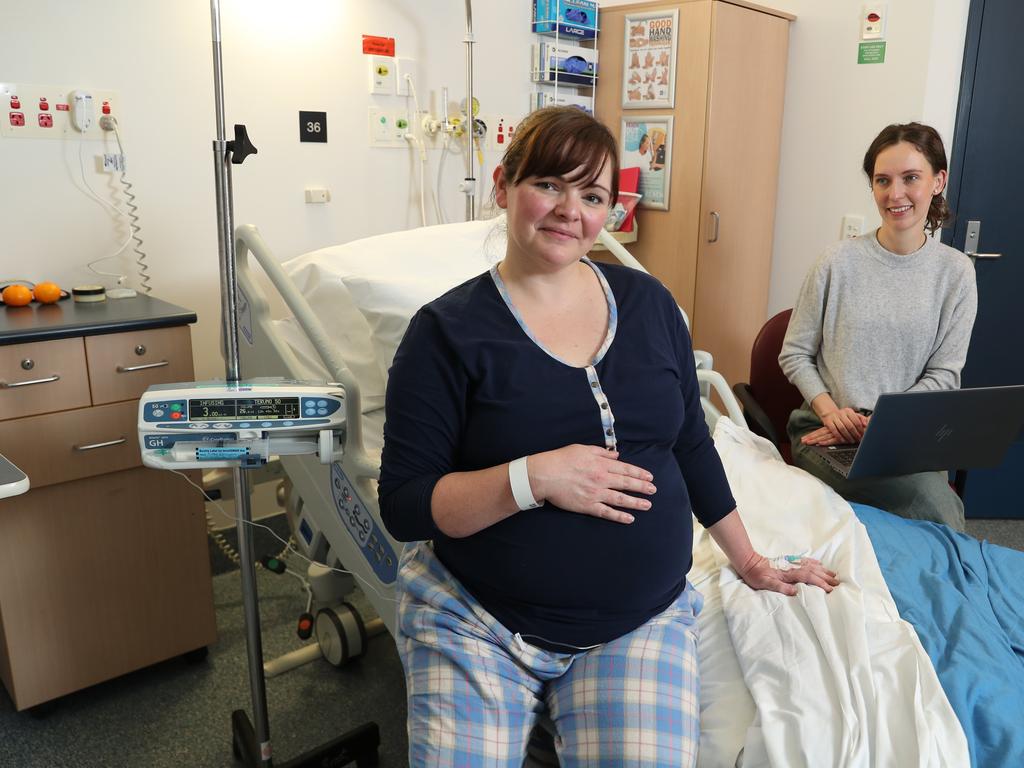
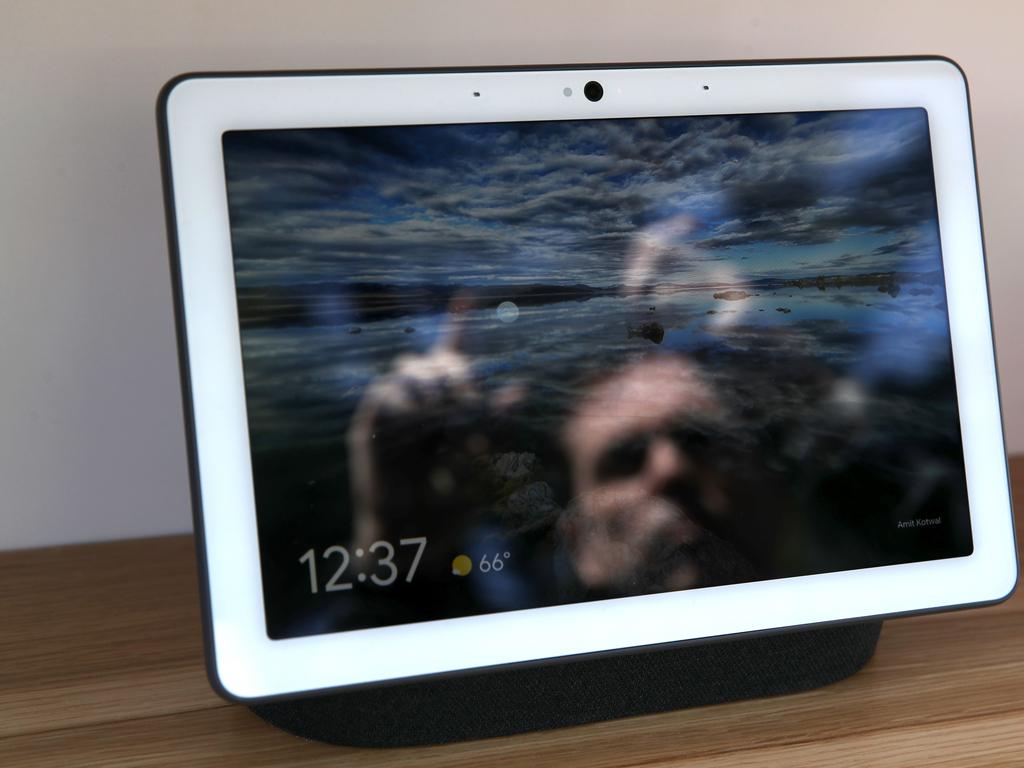
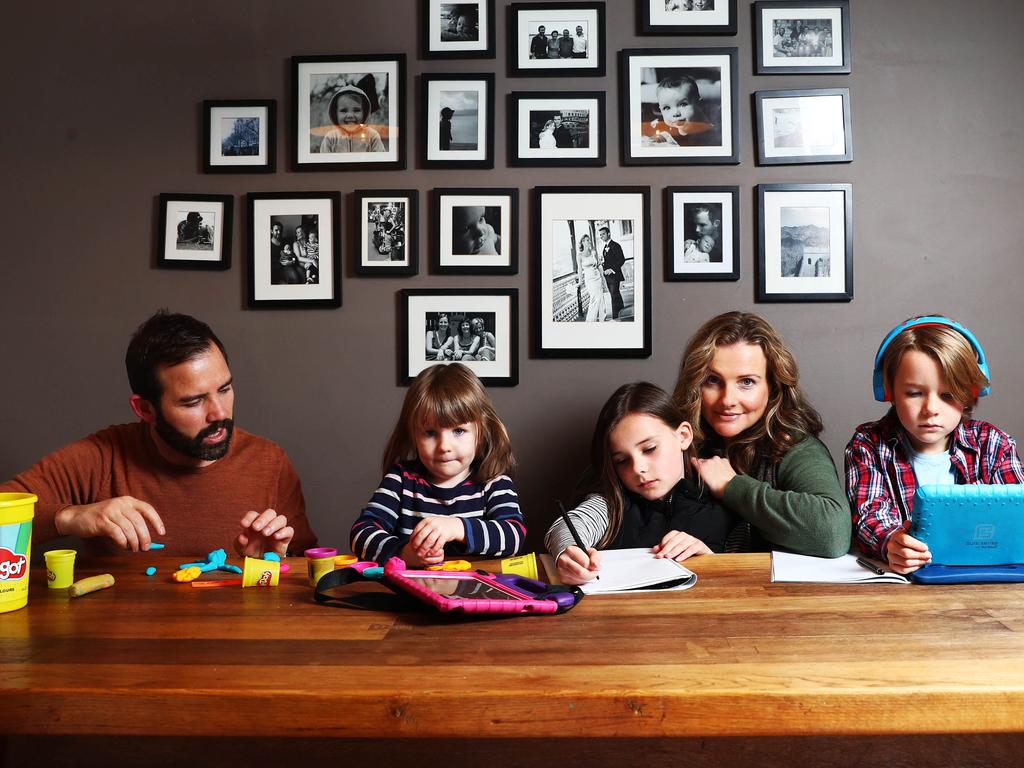
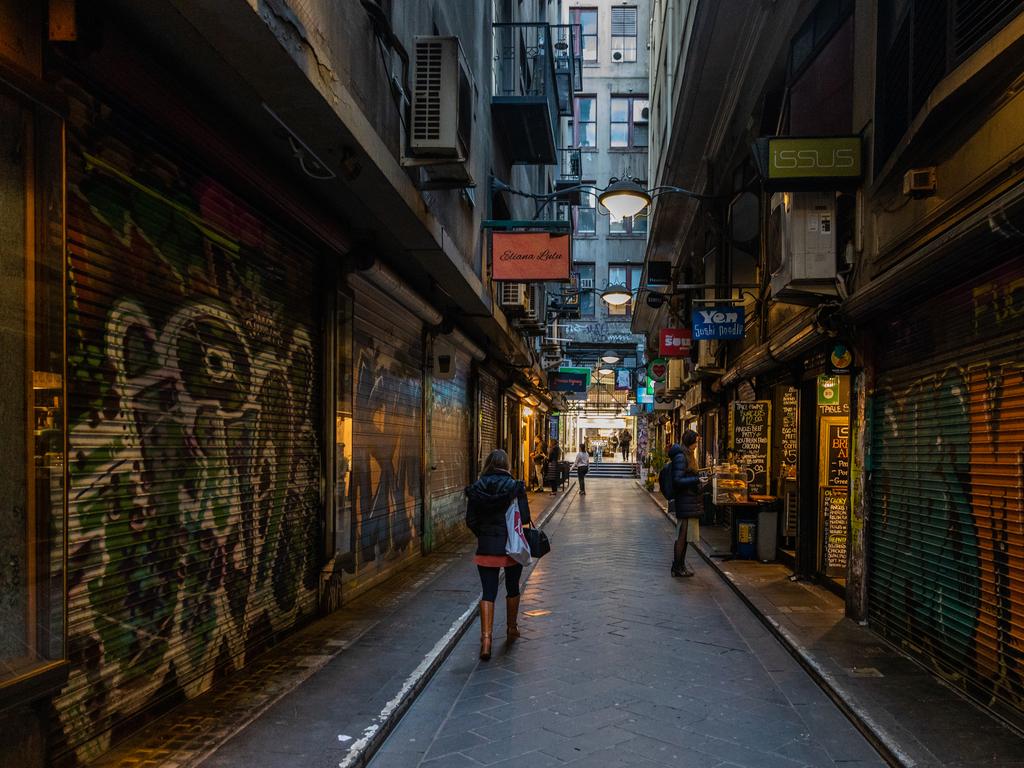


To join the conversation, please log in. Don't have an account? Register
Join the conversation, you are commenting as Logout